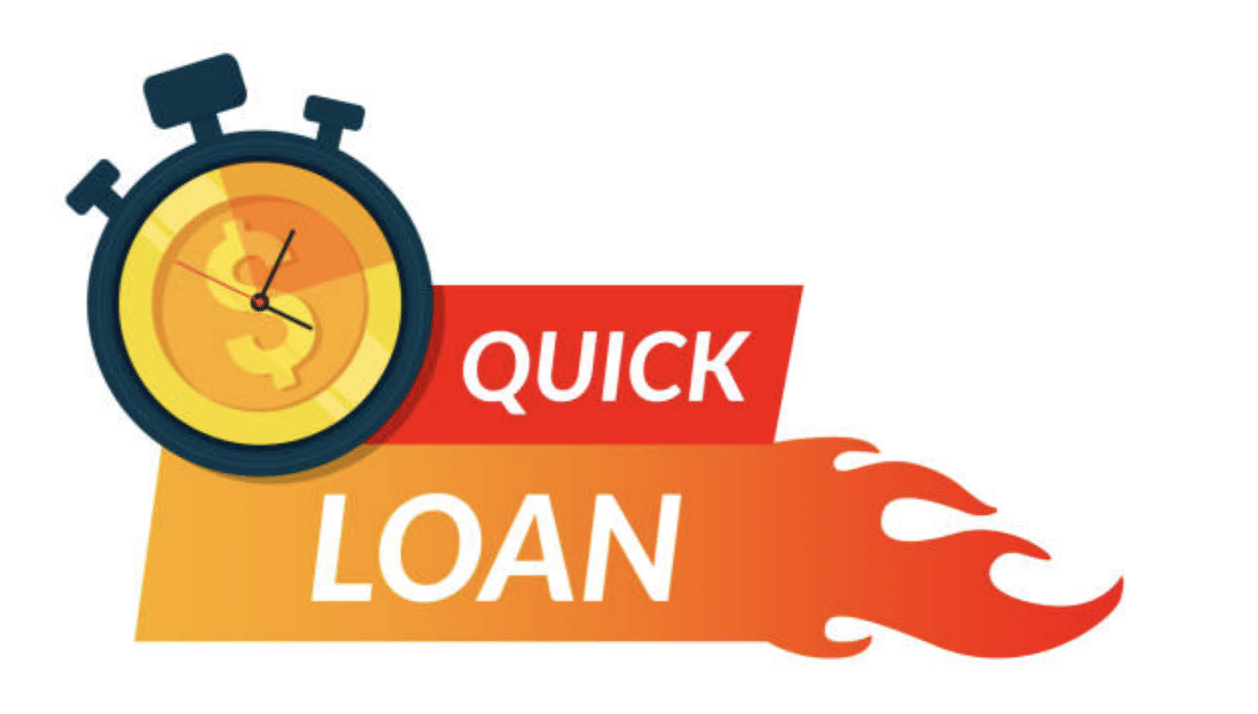A huge number of Canadians (3.4 million according to Royal LePage) will see their mortgages come up for renewal in the next 18 months.
- All face a common dilemma: fixed or variable?
Before we get into what you may want to consider if you will soon be renewing your mortgage, some brief history is in order.
Rates—fixed but especially variable, plunged at the beginning of the pandemic as the Bank of Canada eased monetary policy aggressively. Now, as everyone knows, rates have gone through the roof.
We saw two key consequences as rates fell precipitously:
- First, overall mortgage debt climbed. At the end of 2019, total residential mortgage debt stood at around $1.6 trillion. By early 2023, this figure had ballooned to over $2.0 trillion.
- The second side effect was that Canadians increasingly opted for variable-rate mortgages. At their peak in 2022, these accounted for over a third of total outstanding mortgages, a record high.
When rates were on the floor, holders of variable-rate mortgages were laughing. With some rates as low as 1%, the carrying cost of a property was negligible by historical standards. But that seems a distant memory. Inflation surged during the pandemic and has remained stubbornly high—leading the Bank of Canada to repeatedly hike its overnight policy rate to cool the economy. Variable rates are now over 7% for 5-year mortgages, while most 5-year fixed rates are about 50 to 70 basis points lower. This is a role reversal from 2020, when variable rate mortgages were cheaper by roughly the same amount.
What’s a Mortgage Holder to Do?
There are essentially two considerations a homeowner needs to think about when deciding whether to go fixed or variable at renewal time: The outlook for interest rates, and one’s own risk tolerance.
Variable Rates Should See a Big Decline
Some people will tell you that forecasting interest rates is near-impossible. And while this is a fair point in normal times, there’s a good case to be made that the path of short-term interest rates argues strongly in favour of going variable in the coming months.
Variable-rate mortgages, as a reminder, are priced off a bank’s Prime Rate, which in turn reflects the Bank of Canada’s policy rate. So, when the central bank raises rates, that hits variable-rate holders, but when it cuts rates, those homeowners get some relief.
As we discussed in a recent post, there are rising signs of economic weakness in Canada, and that should lead Governor Tiff Macklem and his colleagues to end their campaign of rate hikes. Indeed, odds are pretty good that the slowing economy will enter a recession in early 2024—at which point significant rate cuts could be in the cards. Wayne Gretzky famously said he skates not to where the puck is now, but where it’s going. Well, right now fixed-rate mortgages are cheaper than variable-rate ones. But locking in a fixed rate now may be a mistake given the outlook we’ve outlined here.
Think of Your Risk Tolerance
The upside to going fixed-rate at renewal is that you know exactly what you’ll be paying each month. Unlike those who took out variable-rate mortgages in 2020 and have been hit with rate shocks, there won’t be any surprises. Fixed-rate mortgages may turn out to be more expensive, but in a sense they are a more conservative option because your payments are capped.














